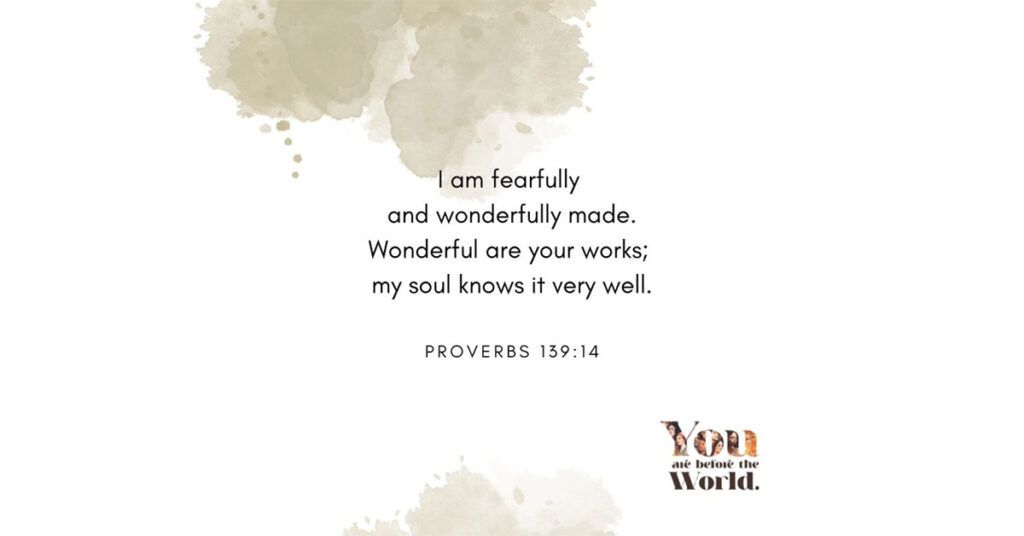I was not like any child I knew. I was well-loved by my family, but not well understood. With a curly, uneven afro and hand-me-down tees and shorts, I was often mistaken for a boy.
“He’s so cute,” people would gush as they greeted my mother. She’d kindly correct them, and I would bury my face in her skirt. I spent most of my early years looking for corners to write in and papers to draw on. I inhaled fantasy films where impossible things became possible, and I devoured books in which shy protagonists solved riddles others missed because they were too busy being the hero. It was in my own mind—where I regularly got lost until I found myself—that I made sense of a world that seemed wildly disinterested in me.
Not only did I look like a boy, but I was also objectively funny-looking—an especially unfortunate thing for a person whose mother had been a beauty pageant queen in my small, insular Cape Verdean community. My father was as handsome as she was beautiful, with unmatched charm.
And then, Duane barked at me on the bus during a fourth-grade field trip. One of the girls traipsed to the front, where he sat among a small crowd of boys, to tell him I had a crush on him. He swiveled his head over his shoulder to look at me, barked like a dog, and let loose a hearty laugh that rapidly became a chorus of hollers and knee slaps. In one of my EMDR therapy sessions, I identified this as the moment I learned I was ugly. The following decades held considerable evidence to the contrary, but the wound remained and made me painfully insecure and deeply afraid of public ridicule.
It’s hard to imagine that, after years of loving and being loved, a woman can keep pressing play on a 40-year-old diss track, but it happens. It happened to me. Through therapy, I was able to reconcile old ideas and feelings that had plagued me. The entire journey unlocked a deeper level of empathy for my inner child and for those who hurt me, but the realization opened the door to so many questions.
Is this latent feeling of unworthiness why we tolerate mistreatment? Is it why we beg people to love us even when we are, in fact, the prize? Is it why we don’t ask for what we really want, or why we say yes when we mean no, or laugh at jokes we don’t find funny, or get caught in emotional spin cycles when we fear someone doesn’t like us—whether we know them personally or not?
Is this why we draft social media content twenty times before we post it? Then check it five seconds later, to see who liked it or commented or shared it, then press delete if no one engages with it—so others won’t know that we’re invisible?
What would it mean to not only feel worthy, but to know that we are? And would we help differently if we didn’t believe that our help was the reason why people love us? If we were not afraid that pulling back might get us uninvited to the places we most want to be?
I’ve been thinking about the helper’s dilemma as two-fold: as both a trauma response and a genuine desire to be a good person and make a positive difference. And I believe that if we healed the former, we could do the latter in ways that don’t deplete us. We could create just enough emotional distance to notice when we’re at the end of our own ropes, and to cut them before they snap us into the atmosphere, where we might not find ourselves again in the same form.
Healing my trauma opened the door to requiring reciprocity, to denying harmful people access to me, to refusing to be used as anyone’s weapon of war, and to ignoring people when they try to give me work because of something they’re passionate about.
I am my own person and I get to help in the ways that are meaningful to me. The gifts I’ve been given are mine to use as I am moved, not as I am summoned. The same is true for you.
Oh…and you are beautiful. 🙂
Tara Jaye Frank
